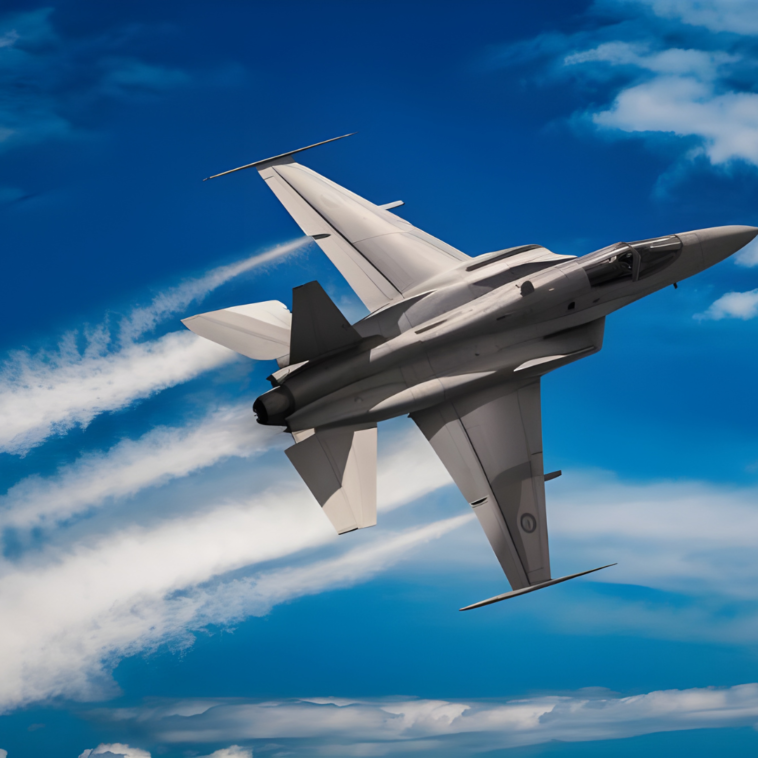In a devastating incident that underscores the peril journalists face in conflict zones, two Al-Jazeera reporters were killed in an Israeli airstrike in northern Gaza. The attack, which also claimed the life of a child, highlights the severe risks media professionals endure while reporting in war-torn regions.
Journalists’ Identities and Circumstances of the Strike
Ismail al-Ghoul, a 27-year-old correspondent, and Rami al-Rifi, a cameraman, were the journalists killed in the blast. The two were traveling in a car in Gaza City when the airstrike occurred. They had been reporting together at the al-Shati refugee camp earlier in the day, covering the aftermath of various incidents in the region.
The al-Shati refugee camp is notably the birthplace of the Hamas leader, Ismail Haniyeh, who was killed in a strike in Tehran earlier the same day. Haniyeh had attended the swearing-in ceremony for Masoud Pezeshkian, the new president of Iran, a key ally of Hamas.
Increased Danger for Journalists
The tragic deaths of al-Ghoul and al-Rifi bring the total number of journalists killed in Gaza since the Israel-Hamas war erupted last October to 111. This figure includes 106 Palestinian journalists, along with two Lebanese and three Israeli journalists, according to the Committee to Protect Journalists.
These numbers reflect a staggering loss within the journalistic community, highlighting the increasingly dangerous environment for those who strive to report the truth from conflict zones.
The bodies of the two Al-Jazeera journalists were taken to the nearby al-Ahli hospital, where their colleague, Anas al-Sharif, provided a phone interview with the channel, expressing deep sorrow and calling for justice. No information about the child who was killed was immediately available, adding another layer of tragedy to the incident.
Calls for Accountability and Protection
UN spokesperson Stéphane Dujarric has called for a thorough investigation and accountability for the killings. “Journalists everywhere need to be protected,” he emphasized, reflecting the international community’s concern for the safety of media personnel in conflict zones.
The United Nations has consistently highlighted the importance of protecting journalists, especially in areas of armed conflict, where the risks are exponentially higher.
Al-Jazeera’s Response and Previous Incidents
Al-Jazeera, known for its pro-Palestinian stance, has repeatedly accused Israel of targeting its journalists during the ongoing conflict. The network has suffered multiple losses, including Samer Abu Daqqa, a cameraman killed in December, and Wael al-Dahdouh, the Gaza bureau chief, who lost family members in an airstrike while on air in October. In January, another of al-Dahdouh’s sons, who was also working for Al-Jazeera, was killed in a strike.
These incidents have raised significant concerns about the safety of journalists working in Gaza and the broader implications for press freedom. Al-Jazeera has denied Israeli claims that the network has close ties to Hamas, stating that it remains committed to independent and unbiased reporting despite the challenges and dangers faced by its journalists on the ground.
Tensions and Accusations
The Palestinian Journalists Syndicate and Hamas have accused Israel of assassinating the two journalists. These accusations are part of a broader narrative in which both sides of the conflict frequently accuse each other of targeting civilians and non-combatants. The Israeli government, which closed Al-Jazeera’s offices in Israel earlier this year using a new law that enables it to shut down media outlets deemed a security threat, claims the network incites against Israeli troops and has ties to Hamas—a claim Al-Jazeera denies.
Throughout the latest Israel-Hamas war in Gaza, now in its tenth month, the openly pro-Palestinian Al-Jazeera has accused Israel of systematically targeting its journalists. The network argues that such actions are intended to silence media coverage that is critical of Israeli military operations and sympathetic to the Palestinian plight.
The Broader Impact on Press Freedom
The deaths of Ismail al-Ghoul and Rami al-Rifi serve as a grim reminder of the dangers journalists face in conflict zones. Their loss underscores the urgent need for greater protections for journalists, who play a crucial role in bringing the realities of war to the world’s attention. The international community, including organizations dedicated to press freedom, continues to call for measures to ensure the safety of journalists and to hold those responsible for attacks on media personnel accountable.
The Israeli military has not commented on the specific strike that killed the Al-Jazeera journalists. However, the broader context of the Israel-Hamas conflict, marked by frequent and intense military engagements, poses ongoing risks to all individuals in the region, including journalists.
The deaths of Ismail al-Ghoul and Rami al-Rifi add to the growing toll of journalists killed in Gaza, raising urgent questions about press freedom and the safety of media professionals in conflict zones. As calls for accountability and protection grow louder, the international community continues to watch the unfolding events in Gaza with a deep sense of concern.





GIPHY App Key not set. Please check settings